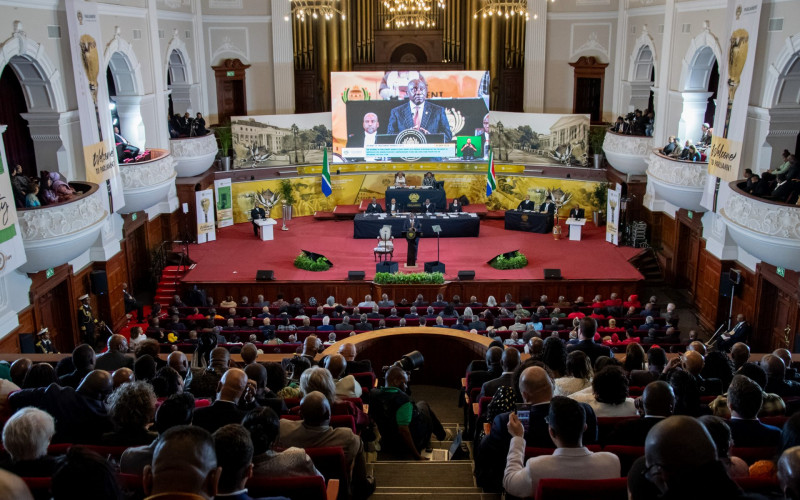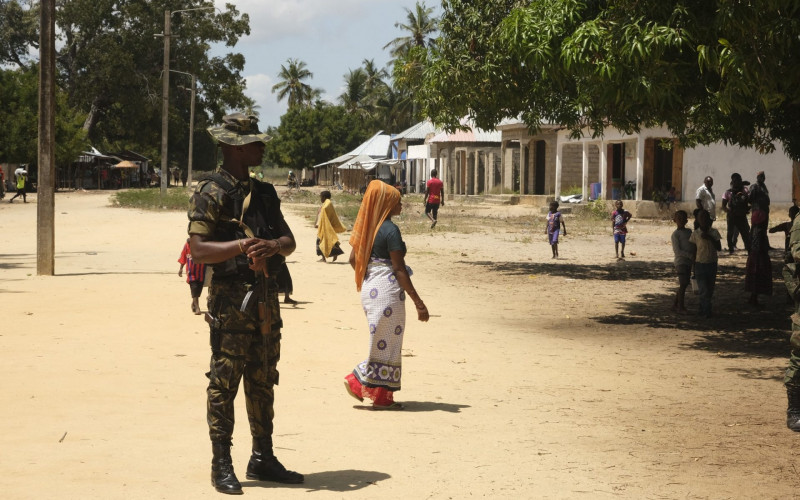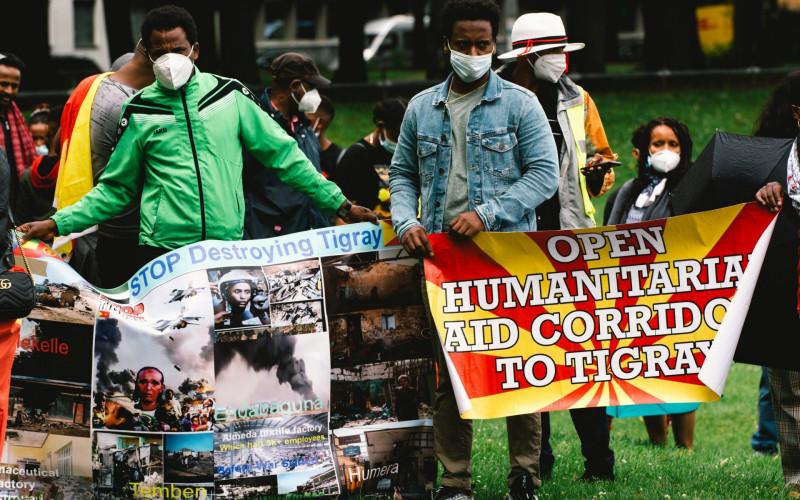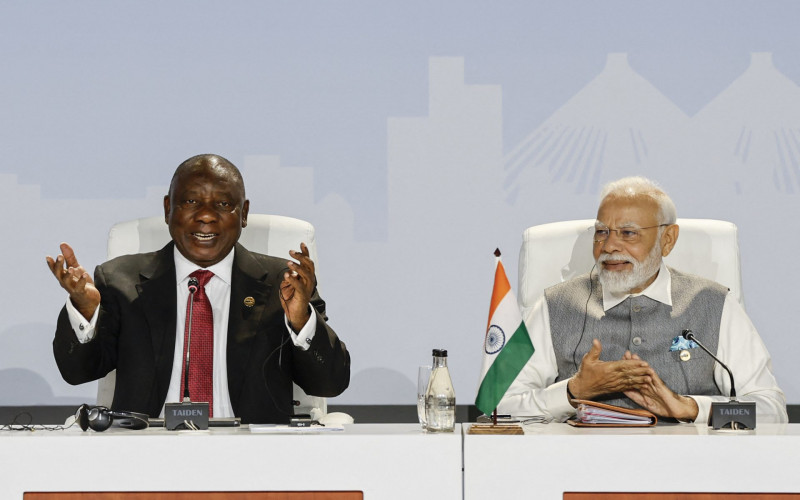Concern about the former relates to the indictment of senior government officials – including HOSG – from a number of African states by certain European states for international crimes allegedly committed. With regard to the ICC, following the indictment of three African HOSG, the charge being levelled is that Africa specifically is being targeted by that court. Protestations and appeals having failed to halt these developments, African HOSG, through the AU, have resolved to address international crimes at the continental level. To date, African court structures have not had the necessary jurisdiction to do so. As a consequence, in June 2014 at a HOSG Summit the AU amended the Protocol of the African Court of Justice and Human Rights to give it jurisdiction over the three recognised international crimes – genocide, crimes against humanity and war crimes – and over 14 additional crimes.
The amendment is problematic for a variety of reasons. Of primary concern, however, is that it fails to address the relationship between the proposed Expanded Court and the ICC; and, while coaching the move as reflective of Africa’s commitment to end a culture of impunity for those guilty of gross human rights violations, the amendment specifically accords immunity from the jurisdiction of the Expanded Court to African HOSG and senior government officials. The only viable conclusion to be drawn is that the amendment is a conscious snub to the ICC and aims specifically to protect African HOSG and senior government officials from prosecution. In the light of current trends in international law, which value human rights over sovereignty, this move is lamentable and must be resisted.







